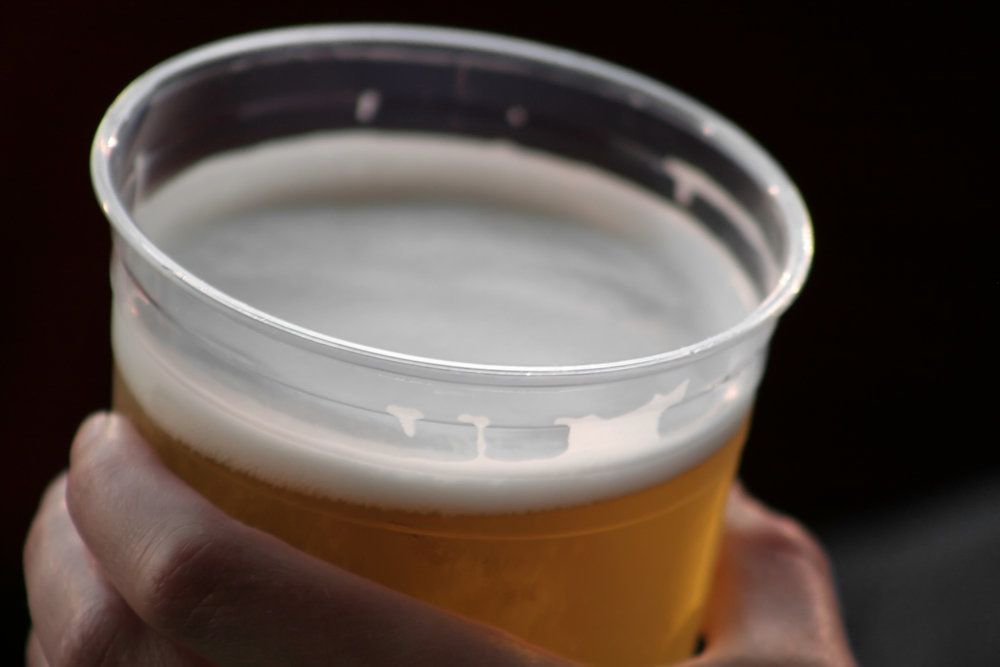The Benefits of Limiting Alcohol Consumption after Bariatric Surgery
 Bariatric surgery is a great treatment option for individuals who have been unsuccessful at losing weight through traditional methods, such as diet and exercise. For those who are severely overweight, and especially those who are considered morbidly obese, bariatric surgery can be a lifesaving procedure. However, as effective as bariatric surgery can be, it does take a lot of effort to maintain good results. Healthy habits ensure the long-term success of weight loss. Among these healthy habits is a reduction in the consumption of alcohol. Here, the team at Tijuana Bariatrics discusses the benefits of limiting alcohol consumption after bariatric surgery. To schedule an appointment, contact our Tijuana, BC practice.
Bariatric surgery is a great treatment option for individuals who have been unsuccessful at losing weight through traditional methods, such as diet and exercise. For those who are severely overweight, and especially those who are considered morbidly obese, bariatric surgery can be a lifesaving procedure. However, as effective as bariatric surgery can be, it does take a lot of effort to maintain good results. Healthy habits ensure the long-term success of weight loss. Among these healthy habits is a reduction in the consumption of alcohol. Here, the team at Tijuana Bariatrics discusses the benefits of limiting alcohol consumption after bariatric surgery. To schedule an appointment, contact our Tijuana, BC practice.
How Bariatric Surgery Affects Alcohol Consumption
It is important for patients to understand that bariatric surgery dramatically alters the stomach and the digestive system. Because of this, food, beverages, and nutrients are no longer processed and absorbed in the same way they were prior to surgery. When it comes to alcohol, its effects are much greater after bariatric surgery. Alcohol is already absorbed faster than other foods and beverages, but in a bariatric patient’s smaller stomach, alcohol sensitivity will be especially high. The stomach produces an enzyme to help break down alcohol, but in the smaller, post-surgical stomach, less of the enzyme is produced. Additionally, a smaller stomach cannot hold as much volume, so most patients who are consuming alcohol after bariatric surgery are doing so with less food. All of this amounts to increased alcohol sensitivity and a higher blood alcohol level.
Benefits of Limited Alcohol Consumption
There are a number of reasons why a patient should limit, or completely eliminate, alcohol consumption after bariatric surgery. Aside from the increased sensitivity to alcohol, drinking fills up the stomach with empty calories and prevents patients from absorbing important nutrients. Without proper nutrition, weight loss may be compromised and health problems may develop. Some of the benefits of limiting alcohol consumption after bariatric surgery include:
- Encourages maximum weight loss results: Alcohol fills the stomach with calories that contain no nutritional value. By limiting alcohol consumption, especially during the period of rapid weight loss, patients can ensure that proper nutrition is taken in, and that optimal weight loss results are achieved.
- Ensures the body receives adequate protein: Protein is vital to a patient’s overall health. If patients limit alcohol consumption, the stomach will have room for nutrient-rich sources of protein. Protein not only encourages weight loss, but it ensures that weight loss comes from fat, rather than the loss of muscle tissue.
- Reduces dehydration: Alcohol increases the risk of dehydration. Since dehydration is already a concern following bariatric surgery, it is especially important for patients to limit alcohol consumption after surgery and prioritize the consumption of water.
Contact Us
We want patients to experience long-term success from bariatric surgery. We know that an understanding of healthy habits after surgery is the key to this success. If you have questions about the bariatric surgical procedure, or what can be expected during recovery, we are happy to discuss these issues with you in further detail. Contact us at your earliest convenience to learn more.




